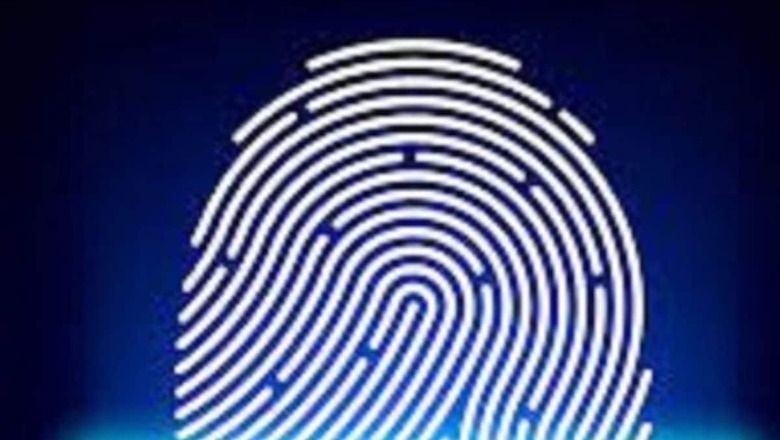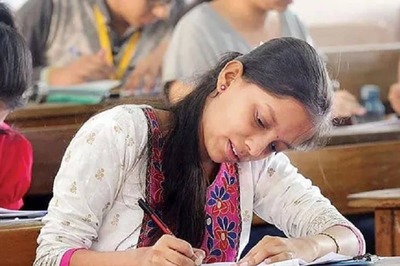
views
A recent study conducted by a team at Columbia University has cast doubt on the long-held belief that each fingerprint on one person’s hand is completely unique. According to the report by BBC, the researchers have trained an AI tool to examine 60,000 fingerprints, demonstrating the potential to identify whether prints from different fingers came from one person with 75-90% accuracy. This research challenges traditional methods of fingerprint analysis and could have far-reaching implications for biometrics and forensic science.
What Was the AI’s Approach?
The AI tool developed by the Columbia University team seems to analyse fingerprints in a novel way, focusing on the orientation of the ridges in the centre of a finger rather than the traditional minutiae-based approach.
What Were the Surprising Outcomes?
Professor Hod Lipson, who supervised the study, admitted to being surprised by the AI tool’s capabilities, echoing the sentiment expressed by Gabe Guo, an undergraduate student involved in the research. Their initial scepticism prompted thorough verification of the results, highlighting the unexpected nature of the findings.
What Will Be the Potential Impact on Identification and Investigations?
The study’s results could potentially impact biometrics and forensic science, offering the prospect of connecting unidentified fingerprints from different crime scenes to the same individual. This development could have significant implications for criminal investigations and the use of fingerprints in identifying and unlocking devices.
Is There a Need for Further Research?
While the AI tool shows promise in generating leads for forensic investigations, the researchers emphasised the necessity for more extensive research and data to refine the technology. They acknowledged that the tool is not yet suitable for determining evidence in court cases and highlighted the importance of using complete and high-quality fingerprints for training the AI model.
Response from Forensic Experts:
Forensic experts have expressed varying opinions on the study’s potential impact. While some, like Graham Williams from Hull University, have highlighted the absence of conclusive evidence regarding the uniqueness of fingerprints, others, such as Dr Sarah Fieldhouse from Staffordshire University, have raised concerns about the AI tool’s markers and their consistency over time and varying skin conditions.
Future Implications:
The Columbia University study, set to be published in Science Advances, has undergone peer review. However, experts like Dr Fieldhouse believe that the study’s impact on criminal casework at this stage may be limited, emphasising the need for continued investigation and validation of the AI tool’s methodology.
Real-World Anecdotes:
BBC reported about twins in Cheshire, England, who can unlock each other’s iPhones using their own fingerprints, challenging the uniqueness of fingerprints. As advancements in AI-driven tools continue to unfold, further research will be essential in fully understanding the implications of this study.




















Comments
0 comment